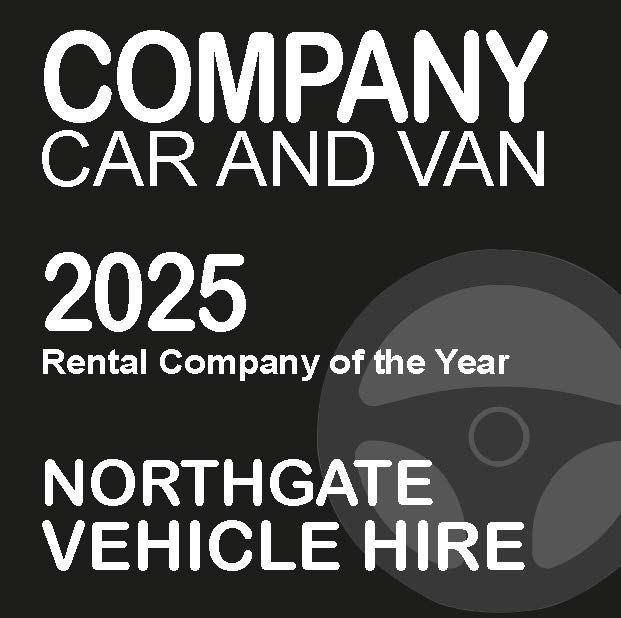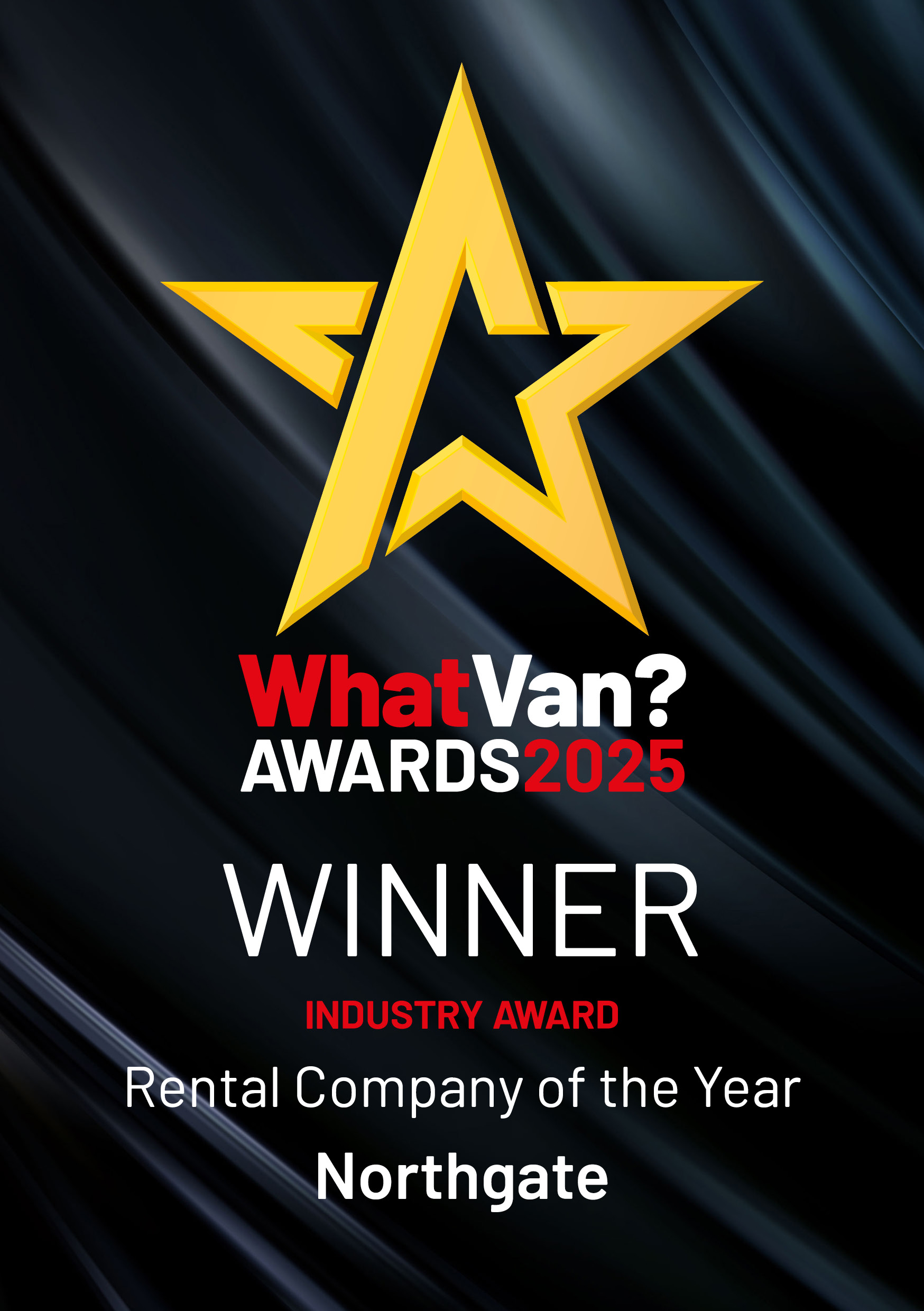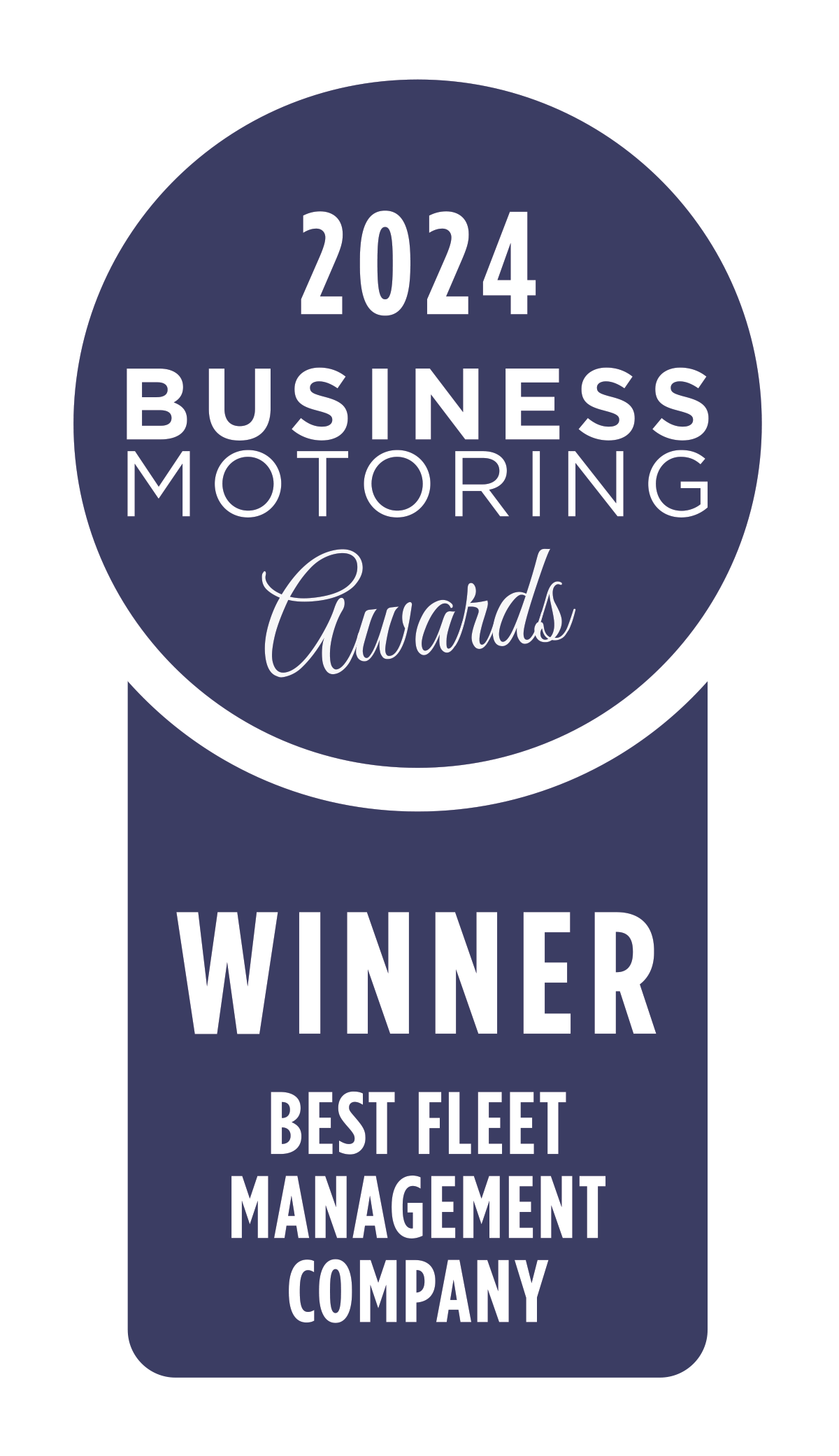Business Hire Van insurance: Here’s our top tips
Understanding the complexities of van insurance and what you and your drivers are covered for is essential.
![]() 04/10/2018
04/10/2018![]() 10 minutes read
10 minutes read
Getting insurance cover is a contractual requirement of hiring a van for your business. Even so, with all the options available and the often-confusing wording on some certificates, it can seem daunting at first. Using our top tips, not only will you see how easy getting your hire van insured can be, you’ll be in a better position to choose the right level of cover for your business.
Types of certificate
Insurers typically issue two types of certificates of motor insurance:
- Specified Certificate – Provides cover for a specific vehicle that is identified by its registration number
- Blanket Certificate (Fleet Policy) - Not tied to a ‘specific’ vehicle’s number plate and is generally issued for fleets. Before cover can be confirmed, the insurer will often require you to advise them of any changes, additions or removals of vehicles on the policy.
Having the correct certificate
If a specified certificate of motor insurance does not show the vehicle registration number for the vehicle that is being hired, it won’t provide cover for that vehicle. When you use multiple vehicles, a blanket certificate might be the better option.
Checking the name on the certificate
The name on the certificate must match the name on the account with your vehicle hire company to guarantee the insurance is correct.
Checking the Motor Insurance Database
This will normally be done by your insurer, but you can also check the database to confirm whether it is registered yourself.
Checking the registration number
The claims process can become difficult if the certificate does not identify the correct registration number for the hire vehicle that you have been provided. It can also cause problems if the vehicle is stopped by the police since the vehicle will not appear on Motor Insurance Database. Northgate will not release the vehicle if the details are incorrect.
Class of use
How you intend to use a vehicle can affect whether you’re covered. For example, if the cover is for social, domestic and pleasure, it might cover you for commuting to work but not using the vehicle for your business. If you are a courier, you will also need to have hire and reward use shown on the certificate.
What does insurable interest mean?
Insurable interest is the legal right of a person or an entity to protect themselves from financial loss, i.e. you might have an insurable interest in something if its loss or damage would cause you to lose money.
Events
Insurance policies usually state which events you’re covered against, such as theft, loss, or accidental damage.
Wording on certificates
The wording on certificates can be confusing sometimes. Let’s look at some common examples:
Any motor vehicle belonging to the policyholder or hired, leased or lent to the Policyholder excluding motor vehicles owned by employees of the Policyholder or hired, leased or lent to them.
This wording means the policyholder can use any vehicle their certificate entitles them to drive but excludes cover for vehicles supplied by employees.
Any motor vehicle not belonging to the policyholder nor hired, leased or lent to the Policyholder which is causing an obstruction or otherwise preventing the operation of the policyholder’s business and which is being moved to facilitate the passage of a vehicle.
This means the policyholder can operate any vehicle causing an obstruction, impacting on their ability to conduct their business.
Any motor vehicle the property of the insured and/or for which they are legally responsible.
This wording means the policyholder can use any vehicle which belongs to them or for which they are contractually responsible for.
Any motor vehicle of the private car, estate car, utility car or minibus type the property of or on hire or loan or leased to the policyholder.
This means the policyholder can drive the classes of vehicle detailed above, which belongs to them or for which they are contractually responsible for.
Assuming that you are automatically covered
Having a comprehensive insurance policy does not automatically mean you can drive someone else’s vehicle or drive a hire vehicle. If cover applies, it is usually only third-party cover, and this is generally applicable to private cars only.
Long-term hire – not the owner
By claiming that you are the owner of a hire van, you could be invalidating your insurance. Instead, it is best to tell your insurer that the vehicle is out on long-term hire.
Not disclosing the full facts
If you buy insurance but fail to disclose a material fact, such as a past accident, a driving conviction, criminal offence, or the ownership of the vehicle your insurer could decide to apply additional terms or even cancel the policy.
Vehicle repairs
To avoid costly charges, double check whether vehicle repairs are covered in your insurance policy. For example, some insurers will cover replacement engines (worth around £6000) in the event of misfuelling whilst others don’t.
How are claims handled?
Claims are usually dealt with by you and your insurer. Northgate customers should also report any incidents to our Accident Management department.
Change of Vehicle (Northgate Customers)
If you are a Northgate customer with a ‘specified certificate’ and need to change vehicles due to a service, MOT or permanent exchange, we will be unable to release a new vehicle to you without a certificate or temporary cover note. For any questions regarding insuring your business hire van, please feel free to contact your Account manager or your local Branch who will be happy to assist you where possible.
Too long; didn’t read – TL; DR
Driving any vehicle without correct insurance means you are running the risk of being prosecuted for no insurance. Having no insurance could result in a hefty fine, points on your license, having your vehicle impounded and, if involved in an accident, being liable to pay for repairs, third-party claims, or replacement vehicles. When in doubt about what is covered under your policy, you should call your insurance provider or refer to your certificate. Finding the right level of cover can seem daunting at first, but it is a simple part of owning or using any vehicle, especially when you know what to look out for.
Insurance
Save time and money on your vehicle and other commercial insurance without compromising your cover by calling Just Drive on 01325 776602
Under their dedicated Just Drive brand, our partners at Park Place Insurance provide their policyholders with great value insurance each year, finding them the right policy to fit their individual and Corporate requirements.
Need a short-term cover on your flexi lease van? Call 01325 776602 or get a quick indication online via Just Drive.
Through a select panel of high-quality insurers and expert helpful advisors, Park Place Insurance will source insurance that meets your needs.
Let them make it easy for you to arrange your new vehicle insurance. Phone Just Drive now on 01325 776602 to get your quote for:
- Short Term Van Insurance
- Annual Vehicle Insurance
- Courier insurance
- Fleet insurance
- Goods in Transit
- Liability Insurance
- Tools Cover
- Business Insurance packages







